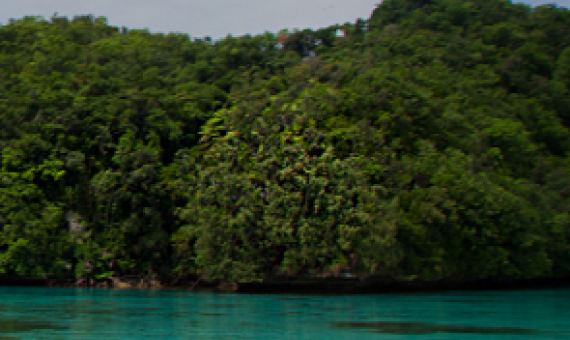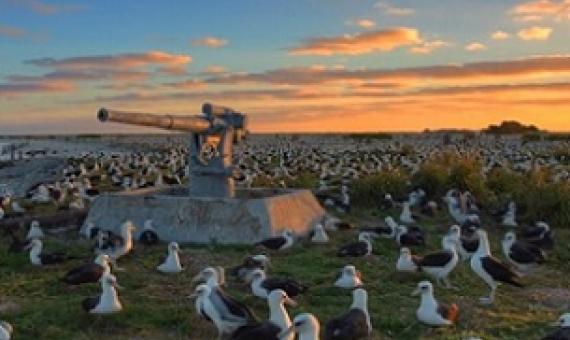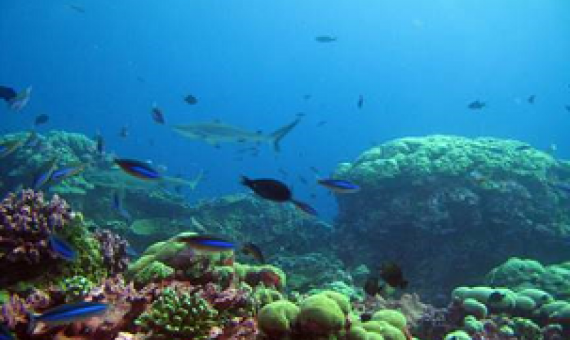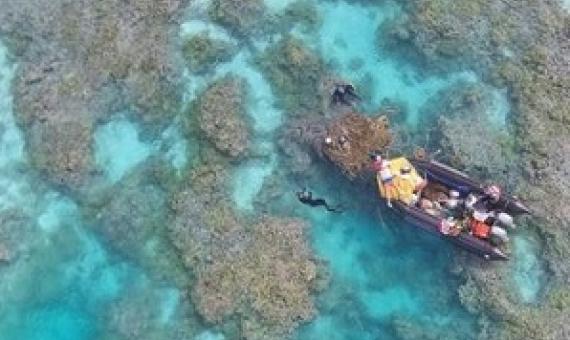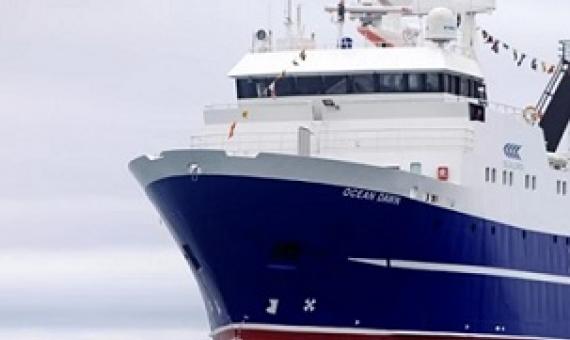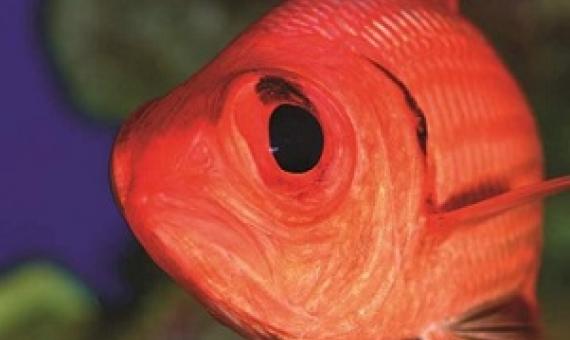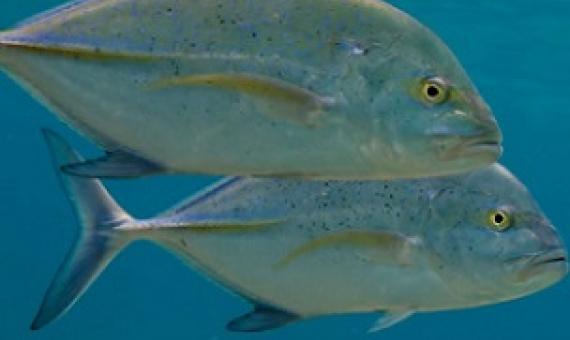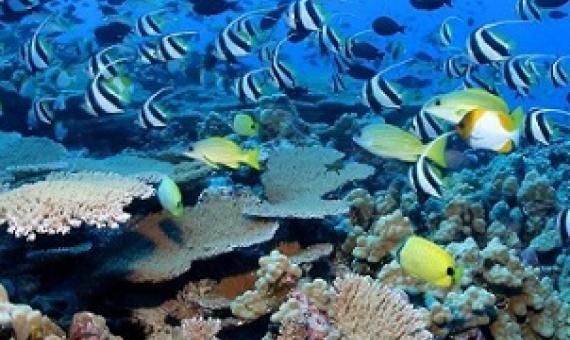President Tommy E. Remengesau spoke to the National Environment Symposium (NES) this past Tuesday on a theme which prevailed throughout the conference: that marine conservationism and economic sustainability go hand-in-hand.
Ten years ago Thursday, the Papahanaumokuakea Marine National Monument in Hawaii was designated a world heritage site.
With the ongoing COVID-19 pandemic and economic downturn, MPAs face a challenging financial future. Tighter MPA budgets are likely as governments redirect funds to pandemic response, and as other revenue sources – particularly tourism – dry up for the foreseeable future.
On 11 December 2018, Kiribati made history by being the first country in the world to have its domestic marine conservation initiative – the Phoenix Islands Protected Area (PIPA) – recognized by the United Nations General Assembly (Resolution A/Res/73/124 titled “Oceans and the Law of the Sea”) a
The state Department of Land and Natural Resources has sent a letter to President Donald Trump opposing a request by a regional fishery council to allow commercial fishing in the Papahanaumokuakea and Pacific Remote Islands Marine National Monuments.
Sealord has today been ordered to forfeit a $24 million fishing vessel for bottom trawling in a protected area. The company was also ordered to pay a $24,000 fine in Nelson District Court for trawling in a Benthic Protected Area.
The Case for Marine Protected Areas
Ocean health is critical to all life on this planet. Phytoplankton, the microscopic plants found in the sunlit area of almost all oceans, generate about half of the Earth’s oxygen, and the complex interaction between the ocean and the atmosphere sustains our climate. Yet the oceans are in decline, largely because of human activities that are driving the collapse of fisheries, the loss of biodiversity, and the acidification of seawater.
Easter Island, a territory of Chile that lies some 4,000 kilometers (2,485 miles) west of that country’s coast, is world famous for its Moai statues, which are recognized as a UNESCO World Heritage site.
COVID-19 has affected the lives and livelihoods of many in Hawaii and commercial fishermen and fishery-related businesses are no exception.
Papahanaumokuakea, a UNESCO World Heritage site, will receive more than 1 million dollars in funding from NOAA and the National Fish and Wildlife Foundation (NFWF) and another 3 million in matching funds from the grantees.

